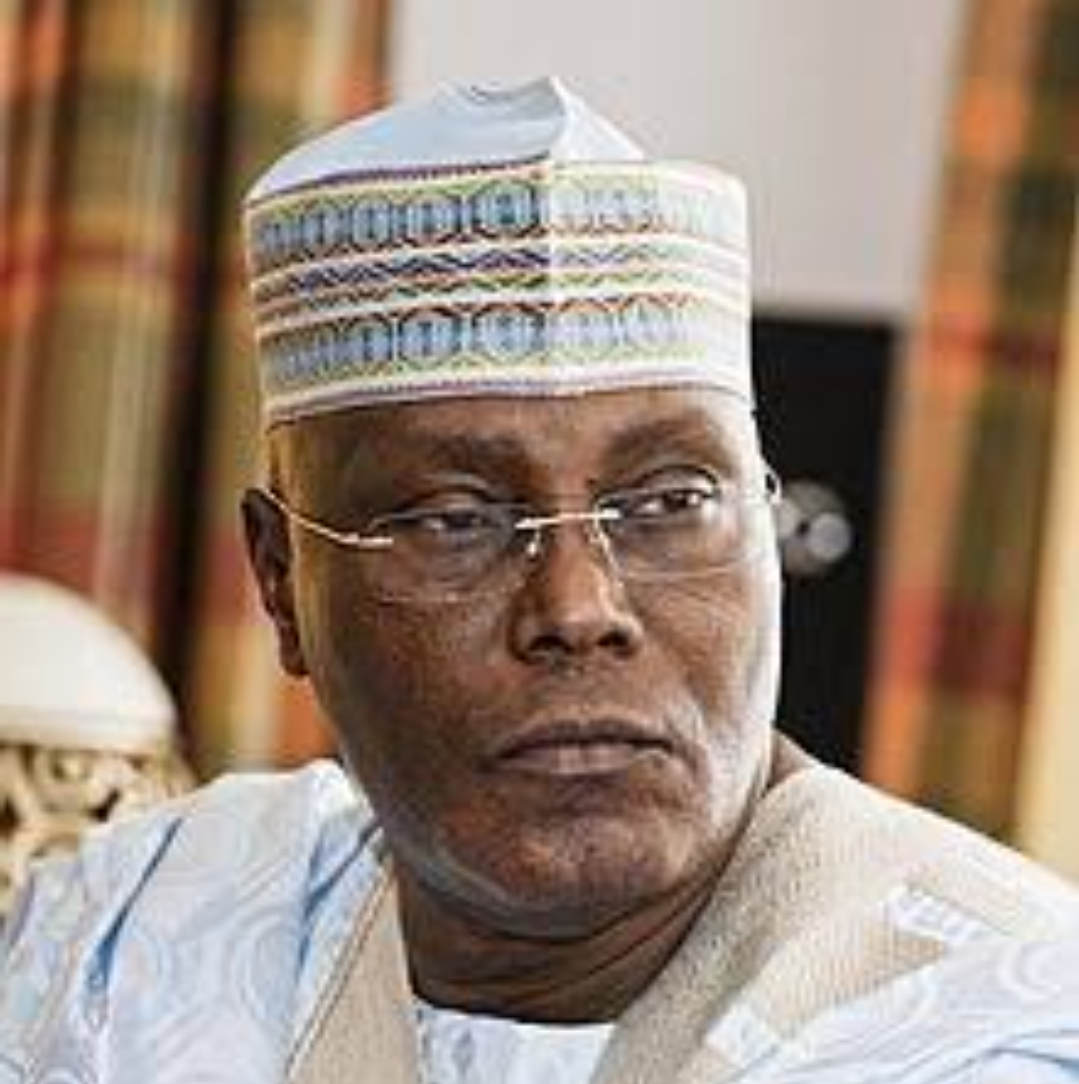Crime
Atiku lists corrupt practices carried out before and during Presidential election
The candidate of the Peoples Democratic Party (PDP), Atiku Abubakar has told the Presidential Election Petition Tribunal how corrupt practices were allegedly carried out before and during the February 25 presidential election.

Atiiku listed the corrupt practices in a petition dated March 21, 2023, and filed before the Presidential Election Petition Court (PEPC) sitting in Abuja.
In the petition, Atiku alongside his party, PDP, challenged the declaration of Bola Tinubu of the All Progressives Congress (APC) as the winner of the election.
Respondents in the petition marked: CA/PEPC/05/2023, are the Independent National Electoral Commission (INEC), Tinubu, and APC as First, Second, and Third, respectively.
In the petition, Atiku and the PDP submitted that INEC allegedly manipulated the collation of election results in all the states of the federation.
The petitioners claimed that INEC deliberately suppressed and discounted the lawful votes of the petitioners while inflating the scores of Tinubu and APC.
Atiku and PDP said the corrupt practices carried out before and during the election included compromised printing of electoral materials, manipulation of election material delivery, and compromise production of election materials.
They listed other acts of corrupt practices as suppression of votes; manipulation of the ballots and ballot boxes; manipulation of BVAS machines; manipulation of accreditation and collation; manipulation of election materials delivery; manipulation of election material reverse logistics; intimidation and harassment of voters.
The petition read in part, “The particulars of corrupt practices before and during the disputed election included, but was not limited to the following; compromised printing/production of electoral materials, manipulation of election material delivery, and compromised printing/production of election materials.
“Other acts of corrupt practices, according to them, include – suppression of votes; manipulation of the ballots and ballot boxes; manipulation of BVAS machines; manipulation of accreditation and collation; manipulation of election materials delivery; manipulation of election material reverse logistics; intimidation and harassment of voters; massive thumb-printing of ballot papers; destruction of electoral materials; hijack of electoral materials; mutilations, cancellations, and over-writings on result sheets; inflation, deflation of scores, and wrong entries in result sheets.
“There was massive suppression of votes of the petitioners by the 1st Respondent in several states, as shown in the report of the statisticians relied upon by the petitioners.
“In Sokoto State, the 1st Respondent cancelled results from 241 polling units but went ahead to declare results for the presidential election, while declaring the National Assembly elections in the same Sokoto State that was conducted simultaneously with the presidential election, as inconclusive.”
The petitioners added that the cancellation affected 301,499 registered voters in 471 polling units of the affected local government areas.
The petition added, “The petitioners contend that the 1st Respondent wrongfully entered incorrect results for the petitioners in Borno State. The petitioners contend that the 1st Respondent wrongfully made various unlawful entries and inscriptions not being records of lawful votes cast at the polling units which votes are liable to be voided.
“In respect of Borno State, there was a deliberate bypass of the use of the BVAS machines, notwithstanding the representations of the 1st Respondent’s agents based on the provisions of the Electoral Act and the INEC Manual and Guidelines.”
Follow us on social media:



